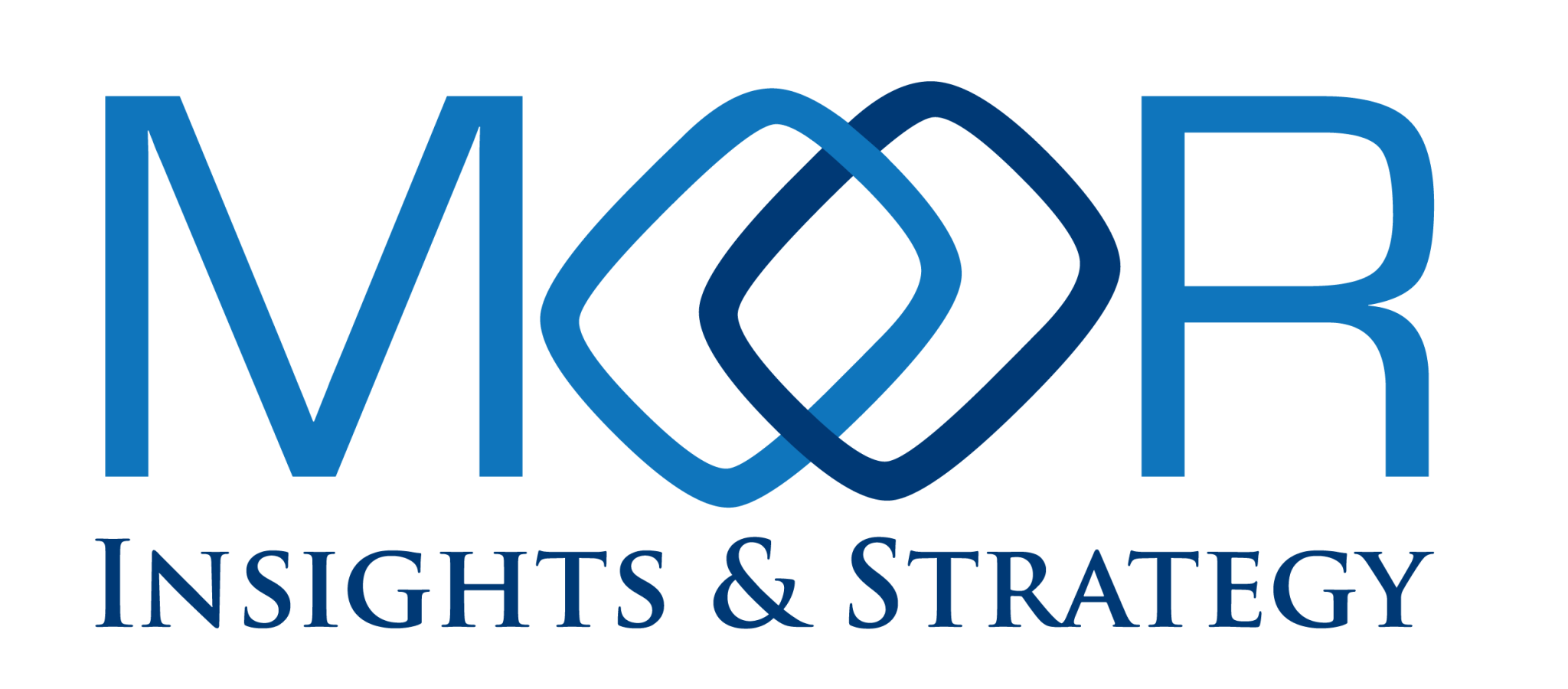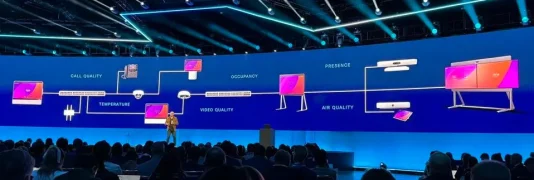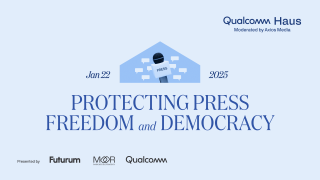Gmail App for iOS
Gmail for iOS adds the following functionality over the standard iOS email client:- Ability to see one entire thread on one screen
- “Important” and “everything” distinctions similar to the Gmail.com website
- Report SPAM
- Full message text search
- Labels
- Visual addressing. See the addressee’s avatar.
- Tiny, unreadable text size depending on email source
- Lose fast access to other email clients like Yahoo or Exchange
- Slow initialization unless already opened
It’s About a Entry Point to Other Google Services
Sure, Google will improve and tweek the experience to improve the app, but why did they develop it in the first place? First, it’s about Google services and getting user to them from an iOS environment……. and advertisements. Think about this… what are the four most likely places Google could derive revenue from. And when I ask that, I mean the first entry into the revenue stream or the starting point:- Search
- Maps
- Social media
- Shopping
- Books
- Videos
- Music
It’s About Micro-Segment Profile Development
Most importantly, mail provides one of the riches data sets from which to build ad profiles. Google indexes every email you send and receive and from it builds micro-profiles about you. The better the profile, the better the ad targeting, the higher the CPM and CPC. All of this means more money for Google. If users get lured away from Gmail, Google loses this.Wrestling For Inside Control
Google is already the leader in search and maps and has the preferred placement on iOS, but Gmail is just one of a line listing of mail options. This becomes a problem for Google in that now Apple and iOS become the control point for users. Furthermore, what happens if users get more comfortable with iOS mail and even worse, iCloud email? None of these is good for Google and Google will keep wrestling with Apple until they can get the inside edge.Patrick founded the firm based on his real-world world technology experiences with the understanding of what he wasn’t getting from analysts and consultants. Ten years later, Patrick is ranked #1 among technology industry analysts in terms of “power” (ARInsights) in “press citations” (Apollo Research). Moorhead is a contributor at Forbes and frequently appears on CNBC. He is a broad-based analyst covering a wide variety of topics including the cloud, enterprise SaaS, collaboration, client computing, and semiconductors. He has 30 years of experience including 15 years of executive experience at high tech companies (NCR, AT&T, Compaq, now HP, and AMD) leading strategy, product management, product marketing, and corporate marketing, including three industry board appointments.
- Patrick Moorheadhttps://moorinsightsstrategy.com/author/phfmphfmgmail-com/
- Patrick Moorheadhttps://moorinsightsstrategy.com/author/phfmphfmgmail-com/
- Patrick Moorheadhttps://moorinsightsstrategy.com/author/phfmphfmgmail-com/
- Patrick Moorheadhttps://moorinsightsstrategy.com/author/phfmphfmgmail-com/






















































































